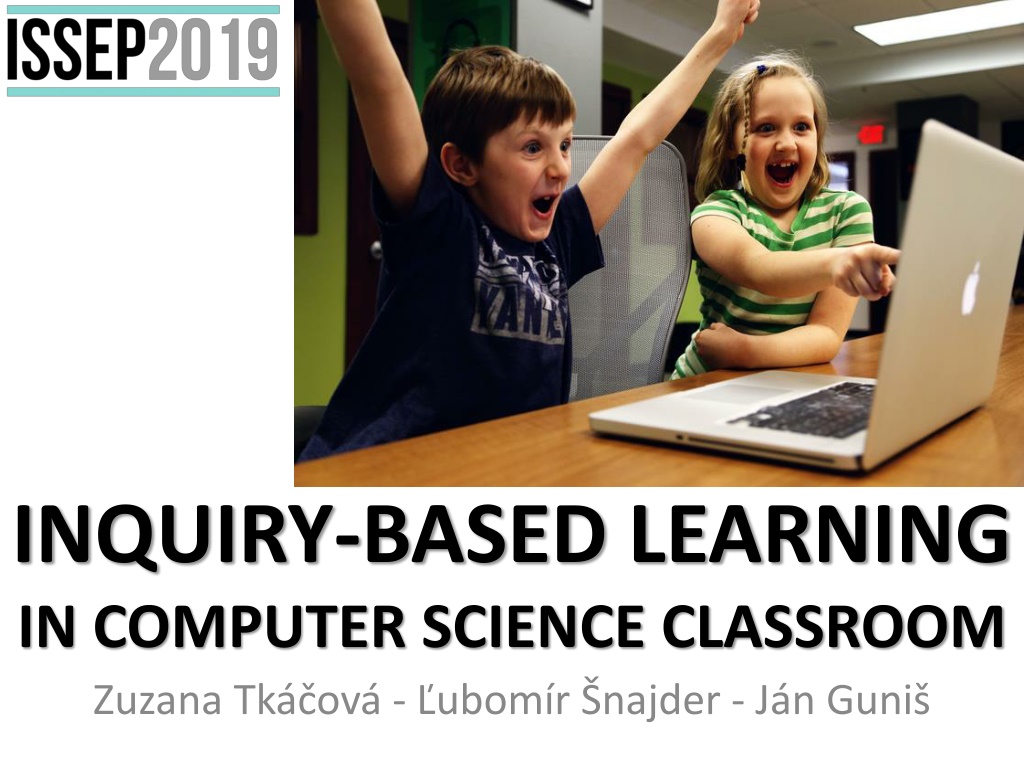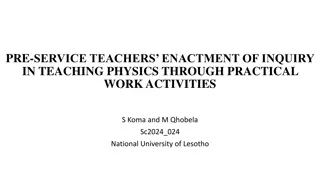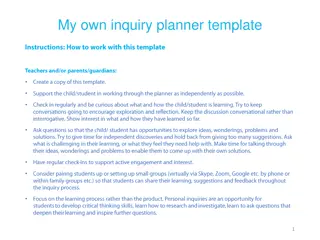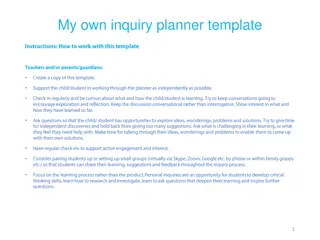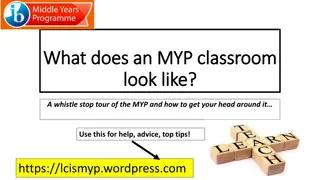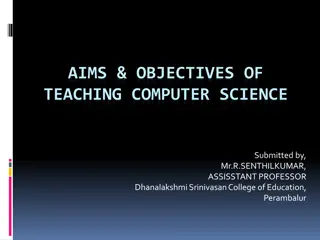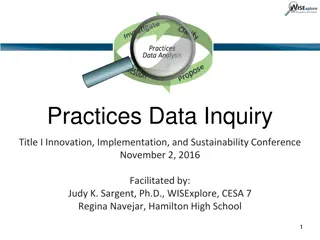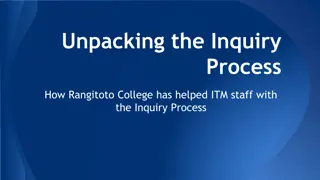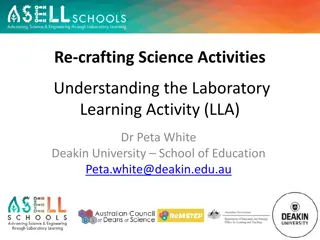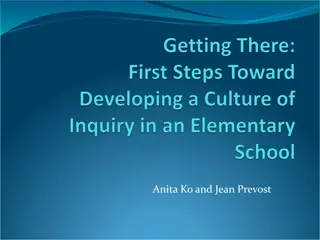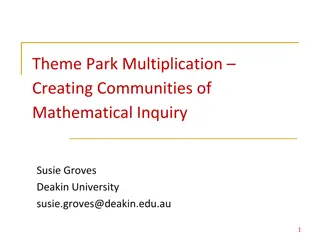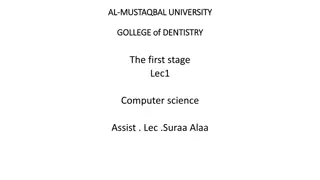**Exploring Inquiry-Based Learning in Computer Science Education**
Inquiry-based learning (IBL) in computer science classrooms focuses on fostering communication, collaboration, decision-making, and problem-solving skills among students. The approach involves students constructing knowledge through independent, active activities based on real-world experiences. However, challenges such as teacher competences and readiness in implementing IBL exist. The classroom teacher's role is vital in the success of IBL, as shown in a survey highlighting teachers' perceptions, attitudes, experiences, misconceptions, and barriers to implementing inquiry-based teaching strategies in computer science classes. The study aims to examine the acceptance of IBL by computer science teachers, their perceived benefits, and the factors influencing the implementation of IBL in teaching practice. Additionally, it discusses the 5E Cycle instructional model and the IT Academy's comprehensive curriculum for 21st-century education in computer science.
- Inquiry-Based Learning
- Computer Science Education
- Teaching Strategies
- 21st Century Education
- Teacher Perceptions
Download Presentation

Please find below an Image/Link to download the presentation.
The content on the website is provided AS IS for your information and personal use only. It may not be sold, licensed, or shared on other websites without obtaining consent from the author. Download presentation by click this link. If you encounter any issues during the download, it is possible that the publisher has removed the file from their server.
E N D
Presentation Transcript
INQUIRY-BASED LEARNING IN COMPUTER SCIENCE CLASSROOM Zuzana Tk ov - ubom r najder - J n Guni
We need to teach pupils to communicate collaborate make decisions exploit information formulate solutions to real world problems
Inquiry-based learning (IBL) a constructivist approach in which the pupil constructs knowledge himself based on experience gained during independent active activity
Inquiry-based learning (IBL) a constructivist approach in which the pupil constructs knowledge himself based on experience gained during independent active activity the lack of competences and readiness of teachers to implement IBL
National project IT Academy Education for the 21st Century 40 PRIMARY & 40 SECONDARY SCHOOL CS LESSONS programming physical computing and robotics artificial intelligence cybersecurity 3D modeling & printing unplugged activities on information encoding and compression... COMPLETE LESSON PLANS worksheets supplementary work files & materials reference materials...
The classroom teacher plays a key role a survey on teachers PERCEPTION ATTITUDES EXPERIENCES MISCONCEPTIONS BARRIERS to inquiry-based teaching strategies in CS classrooms
Focus PROCESS of accepting IBL by CS teachers FACTORS influencing their decision- making in IBL implementation into their classrooms
Methodology Q: How is IBL accepted by CS teachers in terms of implementation into teaching practice? How do teachers perceive the benefits of IBL for CS lessons? Which factors influence the process of implementing IBL into CS teaching?
Methodology Q: How is IBL accepted by CS teachers in terms of implementation into teaching practice? How do teachers perceive the benefits of IBL for CS lessons? Which factors influence the process of implementing IBL into CS teaching? Questionnaire + Statistical Analysis
Questionnaire areas of interest: theoretical background, sources of information on IBL, individual perception of advantages / disadvantages / benefits / barriers and personal identification of the teacher with IBL individual interest and practical experience with teaching IBL and creating own educational IBL materials usability of IBL in CS classrooms
Factor analysis theoretical background personal identification with 5E Cycle practical experience with IBL teaching practical experience with development of IBL materials interest in using of developed IBL materials interest in development of own IBL materials assessment on how IBL is useful for CS assessment on IBL benefits for pupils assessment on appropriate IBL usage in schools course type length of teaching experience sex school type
Factor analysis D1 personal contribution factor D2 general background factor
Factor loadings
Discussion & Conclusions Positive attitude towards IBL Autonomy of pupils in finding solutions before being shown by the teacher Teachers adopt IBL through 4 levels (experiential learner > experiments -> modifications-> convinced teacher with his/her own materials) Only a part of teachers from the particular level will proceed to the next level Fixed mindsets To take the initiative by the teacher in EXPLORE/EXPLAIN phase -> disruption of inquiry- based character of teaching -> unsatisfactory results and negative experiences Missing role model
Considerations for future work The time-consuming nature of teaching A teacher with low knowledge of IBL & small experience with inquiry A teacher with unconvincing attitudes towards IBL Unusual, new topic The reluctance of teachers to study methodological materials Methodological support
